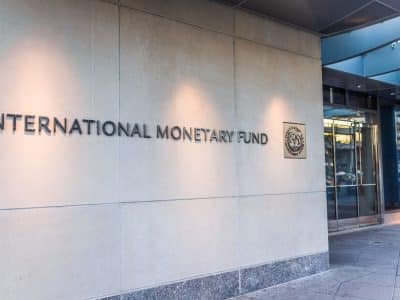Several members of parliament in OPEC member Kuwait plan to question the oil minister amid calls for his resignation, one of them said on Monday.
Sheikh Ali al-Jarrah al-Sabah is under pressure to step down over his comments that he sought advice on oil issues from a former oil minister who was investigated by prosecutors for graft.
“We believe that if the oil minister stayed in this position … this would (negatively) affect the ministry. We do not want that to happen,” deputy Musallam al-Barrak of the Popular Bloc told reporters.
“We have the right to practise our constitutional rights and, God willing, the questioning will take place on June 25,” said Barrak, one of three MPs who plan to question Sheikh Ali.
The questioning session is one of parliament’s sharpest weapons in disputes with cabinet ministers as it could lead to a no-confidence motion.
The oil policy of U.S.-allied Kuwait, the world’s seventh largest oil exporter, is formulated by a council that includes oil industry and other government officials, so changes in oil ministers usually do not have an impact on energy policy.
Barrak’s remarks came two days after a group of deputies demanded ruling family member Sheikh Ali resign.
The minister came under attack after a newspaper printed an interview in which he said he sought advice on oil issues from his relative and former oil minister Ali al-Khalifa al-Sabah, who was investigated over the alleged embezzlement of $130 million at Kuwait Oil Tanker Co. (KOTC).
A ministers’ court dropped the case against the former minister on a technicality in 2001. According to media reports, the allegations against Sheikh Ali al-Khalifa al-Sabah are still being investigated by a court. He has denied any wrongdoing.
The cabinet resigned earlier this year after several deputies questioned former health minister Sheikh Ahmad al-Abdulah al-Sabah. The cabinet resignation pre-empted a no-confidence motion.
The liberal National Action Bloc, which holds eight of the seats in the chamber of 50 elected MPs, said on Saturday it had demanded the minister’s resignation at a recent meeting with Prime Minister Sheikh Nasser Mohammad al-Ahmed al-Sabah.
Political parties are banned in Kuwait. The emir has the final say in politics but usually only intervenes in times of crisis. Kuwait rulers have dissolved parliament several times since it was established in 1963.







